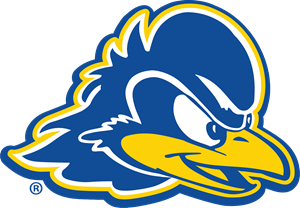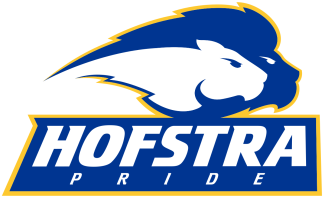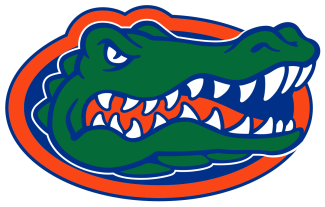2. VIRGINIA
2019 record: 17-3 (3-1 Atlantic Coast)
Last seen: Emphatically earning the program’s sixth NCAA tournament title and first since 2011 with a 13-9 defeat of Yale in Philadelphia on the final day of the season
Senior starts lost: 55 of 200 (27.50 percent)
Senior scoring departing: 90 of 454 points (19.82 percent)
Initial forecast: The playbook for a program building itself up — either for the first time, or after a stagnant stretch — is almost cliché. Start from a point of uncomfortable mediocrity, show some promise after a year or two, go through some postseason heartbreak(s) and then finally get back to the top. Virginia gleefully skipped over the “postseason heartbreak” step in coach Lars Tiffany’s third year, snipping the nets after one of its most complete games of the season. Here’s the scary part: It wouldn’t have been remotely surprising at the end of the 2018 season to think Virginia could be the best team in the country in 2020. It’s still possible. Think about that collection of offensive talent: Michael Kraus, Ian Laviano and Matt Moore will all be back on attack, and Dox Aitken will anchor the midfield — and that group should have the ball plenty thanks to faceoff man Petey LaSalla. The defense took a considerable step forward this spring, and two defensemen (Kyle Kology and Cade Saustad), first team All-American long pole Jared Conners and goalie/championship weekend hero Alex Rode are all back. The Cavaliers have some holes to fill, such as resilient fifth-year senior defenseman Logan Greco, high IQ shooter Mikey Herring and do-everything midfielder Ryan Conrad, who turned in a brilliant final month as a dangerous offensive option and an exceptional faceoff wing. The title game rout aside, Virginia wasn’t a juggernaut; it went 5-0 in overtime games, and needed two unlikely rallies just to make it to Memorial Day. Here’s guessing the Cavaliers aren’t quite so fortunate in tight games next year — but also that they won’t be in nearly as many while playing from ahead a lot more frequently.
1. PENN STATE
2019 record: 16-2 (5-0 Big Ten)
Last seen: Getting clobbered in the first quarter of the NCAA semifinals by Yale and just not having enough possession to make up the gap in a 21-17 loss
Senior starts lost: 37 of 180 (20.56 percent)
Senior scoring departing: 64 of 518 points (12.36 percent)
Initial forecast: The easy call for the hungriest team in the land. Penn State was a deserving No. 1 seed in the NCAA tournament, and a considerable offensive juggernaut — first in the country in goals per game (17.94), first in man-up offense (61.3 percent) and first in shooting percentage (an absurd 43.4 percent, with the gap between the Nittany Lions and No. 2 Cornell larger than gap between the Big Red and No. 22 Notre Dame). Attackman Grant Ament, who set the Division I single-season assists record with 96 and was a Tewaaraton finalist, is back for his redshirt senior year. Mac O’Keefe, who dropped 78 goals with the help of Ament’s pinpoint passing, also returns. Dylan Foulds (43 goals) and Jack Kelly (42 goals)? Back and back. Goalie Colby Kneese and faceoff specialist Gerard Arceri? Also set to be in the fold in Happy Valley for another go-round. The only team to slow down Penn State this season was Yale, and that was largely because of the faceoff dominance of TD Ierlan. The Nittany Lions still scored 13 on everybody they encountered, and they’ll probably dare opponents to beat them in shootouts next year as well. That’s a task no one other than Yale succeeded at in 2019. Penn State’s offense makes it a compelling choice at No. 1 heading into next spring.


























































